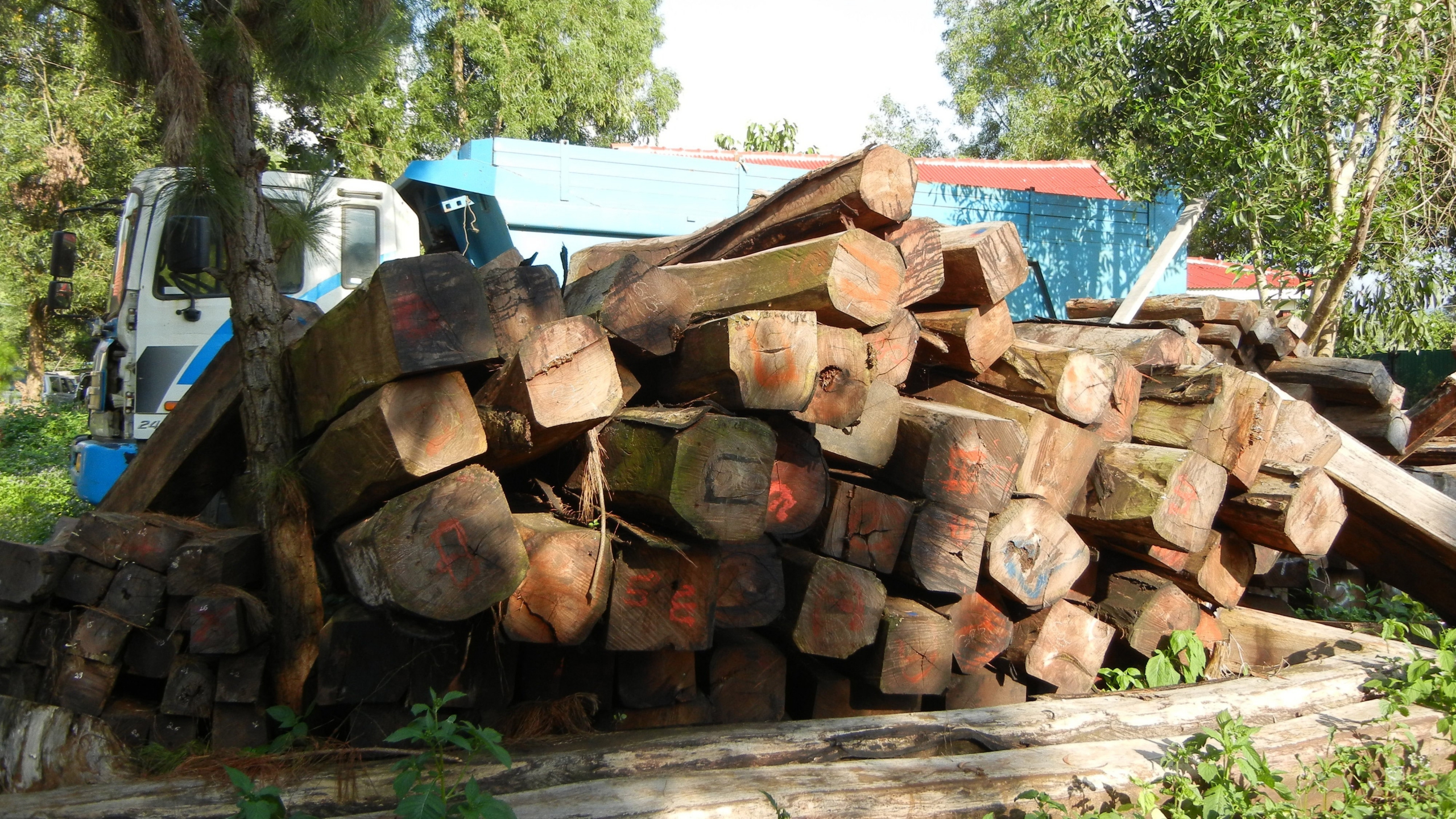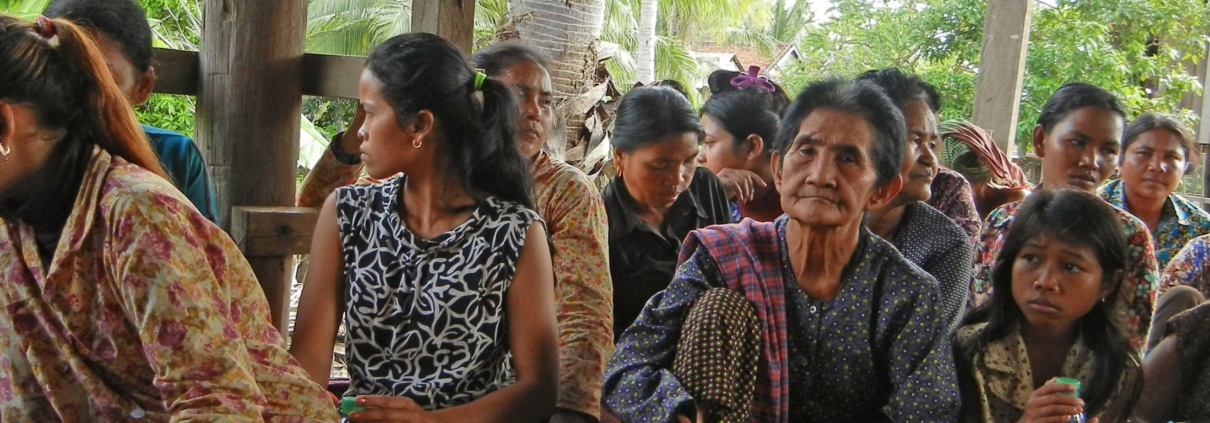Integra Evaluates $20 Million USAID Project in “the Serengeti of Asia”
An Integra evaluation team recently concluded a mid-term performance evaluation of USAID’s Supporting Forests and Biodiversity (SFB) Project in northeastern Cambodia, under USAID’s REPLACE IDIQ. The project, aims to mitigate climate change and conserve biodiversity through improved conservation and forest governance. It is implemented through a cooperative agreement with Winrock International and supported by the East West Management Institute, WWF, People and Forests (RECOFTC), and the Wildlife Conservation Society. It addresses sustainable forest management and biodiversity conservation in two critically important landscapes that contain much of the remaining forest cover of the region, the Prey Lang Landscape and the Eastern Plains Landscape.
Charles Wharton, who studied the elusive kouprey, Cambodia’s national animal, there, dubbed the Eastern Plains the Serengeti of Asia in 1957. The Eastern Plains landscape covers more than 1.5 million hectares and is the core of the Lower Mekong Dry Forest, designated by WWF as a globally significant ecoregion.
The Prey Lang forest is one of Cambodia’s last remaining lowland evergreen woodlands; it also contains biologically significant swamp forests. Prey Lang means “our forest” in the language of the indigenous Kuy people, and it is vital to their well-being, and to their survival. It is also the source of high-value timber such as Beng and Rosewood for burgeoning export markets, leading to land grabs and illegal logging.

Confiscated rosewood at the Forest Administration office in Senmonoron, Mondulkiri. Credit: Patricia Foster-Turley
Together, these landscapes are the home to thousands of indigenous people who lack basic rights to their land, as well as large ungulates such as the Banteng, Eld’s Deer, sambar, gaur, and red muntjac, and the Asian elephant.
The SFB project seeks to secure land tenure for indigenous people and promote sustainable forest use, while at the same time protecting core areas for biodiversity. Access to forest resources in Cambodia is hotly contested between indigenous communities and extractive industries, including significant illegal logging. During the course of the evaluation a journalist investigating illegal logging in the area was assassinated. Unfortunately, this is not an uncommon occurrence, but it serves to highlight the importance of addressing the drivers of land conflict by USAID.
Integra’s evaluation team, led by biologist Dr. Pat Foster-Turley, visited 22 (often remote) communities in the two landscapes over a four-week period during the monsoon season, sometimes traveling by boat.
The evaluation team found that the project had a difficult start-up. It showed limited results in mid-term against ambitious requirements that would be challenging in the best of times. The evaluation team praised the project for dynamic leadership and adaptability in the face of difficulty and change. Control over corruption and forest crime is largely outside their control, but the SFB is working hard to build capacity for community management of forest resources, and may yet achieve real and lasting change.





































